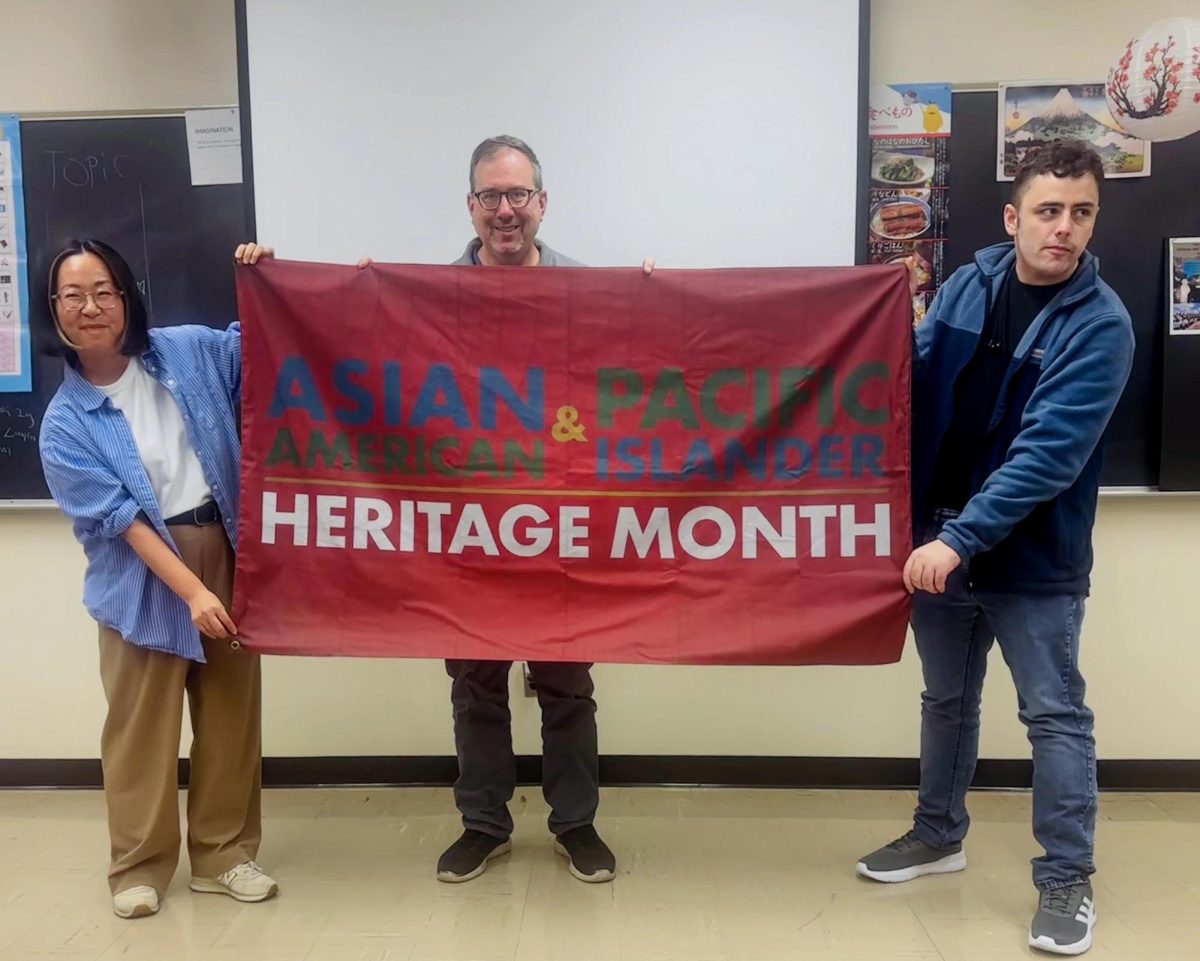World’s food system flawed
Roy Lanham, campus minister at the Newman Catholic Center, believes something is wrong with the world’s food system – not everyone is being fed.
Lanham said between 24,000 and 35,000 people die of starvation every day, according to a United Nations human development report.
Judy Barford, assistant professor of early childhood, elementary and middle level education, said, “We lost 6,000 people in the Sept. 11 attacks. Comparing the numbers helps us to see the extent of the problem of food security.”
Lanham expressed similar sentiments related to starvation figures and the attacks on America.
“We’re horrified by it,” he said. “And yet, everyday, 28,000 people die of starvation. That’s five times as many people. Should that not also call us to action?”
The call to action will be issued at the upcoming 18th Annual World Food Day, being held from 11 a.m. to 3 p.m. Oct. 16 in the Charleston/Mattoon Room of the Martin Luther King Jr. University Union.
“World Food Day is put together each year as a way to raise the issues of food security and hunger,” Lanham said. “The hope would be that that issues will be raised and that people would be moved to action.”
The day includes a teleconference featuring nutrition expert Wenche Barth Eide, a hunger quiz, a local discussion panel, informational booths and a showing of the film Global Banquet: The Politics of Food, Lanham said.
A box will be available for canned food donations as well, said Amy Eades, family and consumer sciences instructor.
The panel is usually the highlight of the event, Lanham said.
Panel members include Sean Barth, a junior philosophy major to speak on water conditions in Haiti, Hugh Phillips commenting on immigration, Eric Hake,assistant economics professor focusing on globalization and Dannie Otto, philosophy instructor to address sustainable development, Barford said.
The booths, put together by Haiti Connection, Economics Club and the Education and Family and Consumer Sciences departments, will offer information on topics such as land mines, nutrition, vegetarianism, sustainability, globalization, sweatshops and hunger, Lanham said.
“The issues of food security and hunger are an overwhelming, paralyzing problem,” he said.
He said the solution is not exporting food to countries that need it – these countries need to be empowered.
“What World Food Day does is come up with some creative solutions. It’s a day of hope. It’s not a guilt trip,” Lanham said.
Eades said organizers of the conference recognize the problem of hunger can be overwhelming.
“You don’t even know where to start,” she said. “Hopefully in educating the campus, people will have a better idea of what’s out there, so they’ll know where to start.”
She said the first step is to get the word out about the problem.
“It’s not that you have to dedicate your life to fighting world hunger,” she said. “We hope to show that every little bit makes a difference.”






![[THUMBNAIL EDITION] (From left to right) Head football coach Chris Wilkerson works with his son student assistant coach Peyton Wilkerson at football practice at O'Brien Field on the Eastern Illinois University campus on Thursday.](https://www.dailyeasternnews.com/wp-content/uploads/2025/04/FB_25_O-1-e1744234837107-1200x596.jpg)




![[Thumbnail Edition] Charleston High School sophomore Railyn Cox pitches the ball during Charleston's 8-7 win over Flora High School on Monday, March 31.](https://www.dailyeasternnews.com/wp-content/uploads/2025/04/SBHS_01_O-1-e1743982413843-1200x1023.jpg)



![[Thumbnail Edition] Senior Foward Macy McGlone, getsw the ball and gets the point during the first half of the game aginst Western Illinois University,, Eastern Illinois University Lost to Western Illinois University Thursday March 6 20205, 78-75 EIU lost making it the end of their season](https://www.dailyeasternnews.com/wp-content/uploads/2025/03/WBB_OVC_03_O-1-e1743361637111-1200x614.jpg)




















![[Thumbnail Edition] Eastern Illinois softball senior infielder Briana Gonzalez resetting in the batter's box after a pitch at Williams Field during Eastern’s first game against Southeast Missouri State as Eastern split the games as Eastern lost the first game 3-0 and won the second 8-5 on March 28.](https://www.dailyeasternnews.com/wp-content/uploads/2025/04/SBSEMO_11_O-1-e1743993806746-1200x692.jpg)

















![The Weeklings lead guitarist John Merjave [Left] and guitarist Bob Burger [Right] perform "I Am the Walrus" at The Weeklings Beatles Bash concert in the Dvorak Concert Hall on Saturday.](https://www.dailyeasternnews.com/wp-content/uploads/2025/03/WL_01_O-1200x900.jpg)
















